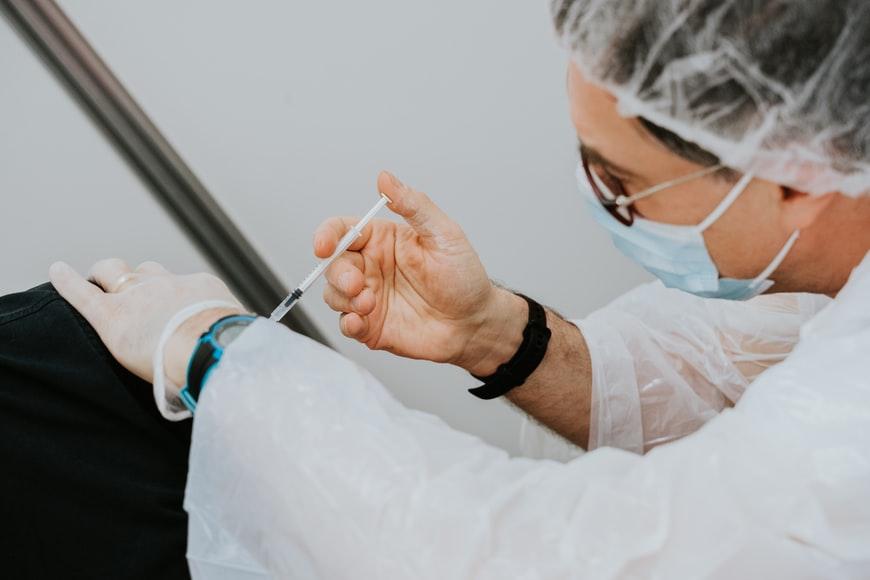According to a recent report published by CNN.com, vaccine advisors for the FDA are meeting to tackle a round of questions about mix and match boosters.
This definitely isn’t a new topic.
Ever since several COVID vaccines have become available, people have been discussing the pros and cons of mixing different types of shots together to try to create a better immune response.
Unofficially, a lot of people claim that this technique may produce even better vaccine effectiveness than just using one brand.
But is it true?
Is it safe to mix and match boosters, or does the data show that this could be dangerous or less effective?
In this post, we’re going to explore the details divulged in the CNN report to go deep and answer the question:
Should you mix and match Covid vaccine boosters? And is it actually safe?
Let’s dive in and talk about it.
The Basics: Data On Mixing And Matching Covid Boosters
One of the biggest ongoing questions since the vaccines have been produced is whether or not it’s safe and desirable to mix different vaccine types together.
Researchers have actually been testing this, and have tried it in a variety of combinations.
Here’s a quote from Dr. Angela Branche, an assistant professer at the University of Rochester School of Medicine.
“We first started off looking at people who have previously received Johnson & Johnson, Moderna and Pfizer and boosting those with an additional dose of Moderna vaccine.”
She also went on to say in the report that she thinks that going over the data for mixing boosters will show that mixing and matching different types of boosters may offer an advantage.
According to a preprint study, which is being conducted by the National Institutes of Health Study Team, mixing boosters can produce a robust immune response.
However, it’s important to understand that this study has not been peer reviewed or officially published yet.
Here’s what the study has highlighted about mixing and mastering boosters.
- First off, it seems that it’s safe for people to get a booster of a different brand.
- Side effects from mixing different boosters are also said to be pretty similar to what people experienced with an initial shot.
- No serious side effects were reported.
Also note that this is all very preliminary information. It could be rendered unreliable information once the studies are concluded.
These results are not official. This is just the ‘scuttlebut’ that’s been going around about the mixing of boosters.
How Much Data Is There On Mixing Different Covid Boosters?
According to researchers, there just hasn’t been enough data compiled to completely and accurately say for sure that mixed booster doses work and that they’re safe.
It sounds like there’s a lot of potential that mixing and matching regimens could offer an advantage.
But thus far, the data sets are very small.
Part of the concern, of course, is that the different types of vaccines are using different technologies.
The Moderna and Pfizer vaccines are using mRNA technology, while the Johnson & Johnson vaccine is using an adenovirus to carry pieces of the Coronavirus into the body to stimulate a response.
These are two different delivery methods that stimulate the immune system in slightly different ways.
And so, this brings up a valid question:
When used in conjunction with one another, how will these different delivery methods affect the body when both are used?
Will they be less effective, equally effective, or more effective?
Also, will side effect risk be greater or lower?
These are the questions that need to be answered before an official judgment can be made about the effectiveness of mixing different Covid boosters.
